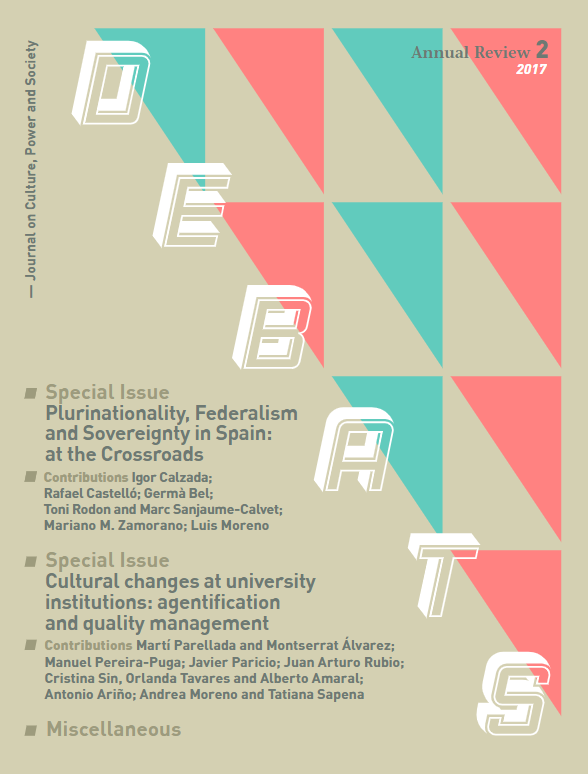Reputation and rankings
Abstract
Over the last decade global rankings of universities have begun to grow in importance allowing national and international comparison of higher education institutions. In fact, they are already at the heart of public discussion about the role of universities in our societies because they provide a way of measuring and comparing the quality and results of these institutions and thereby, influencing their reputation. The most important of these rankings (such as the Academic Ranking of World Universities, Shanghai Ranking, Times Higher Education World University Ranking, and QS World University Ranking). All of these put universities into a league table where the ranking of a given institution is based on a composite score that reflects the weights of several individual indicators. This article reviews the methodology of three rankings, focusing on their limitations and weaknesses (such as over‑stressing research or their subjectivity in setting specific weights for each individual indicator). Finally, we present the U‑Multirank, promoted by the European Commission, which seeks to overcome the limitations of traditional rankings. It is an alternative way to rank universities, based on their performance as gauged by a wide number of indicators in five dimensions—(1) Teaching and Learning; (2) Research; (3) Knowledge Transfer; (4) International Orientation; (5) Regional Engagement—and in several subjects.Downloads
Downloads
Published
How to Cite
Issue
Section
License
Without prejudice to the provisions of article 52 of Spanish Law 22/1987 of November 11 on Intellectual Property, BOE (official state bulletin) of November 17, 1987, and pursuant to said legislation, the author(s) surrender(s) free of charge its rights of edition, publication, distribution and sale of the article, for its publication in Debats. Journal on Culture, Power and Society.
Debats. Journal on Culture, Power and Society is published under the Creative Commons license system in accordance with the «Recognition - Non-Commercial (by-nc) modality: The generation of derivative works is permitted provided that commercial use is not made. Nor can the original work be used for commercial purposes».
Thus, when the author submits his/her contribution, he/she explicitly accepts this assignment of publishing and publishing rights. Authors also authorize Debats. Journal on Culture, Power and Society to include their work in an issue of the journal to be distributed and sold.











